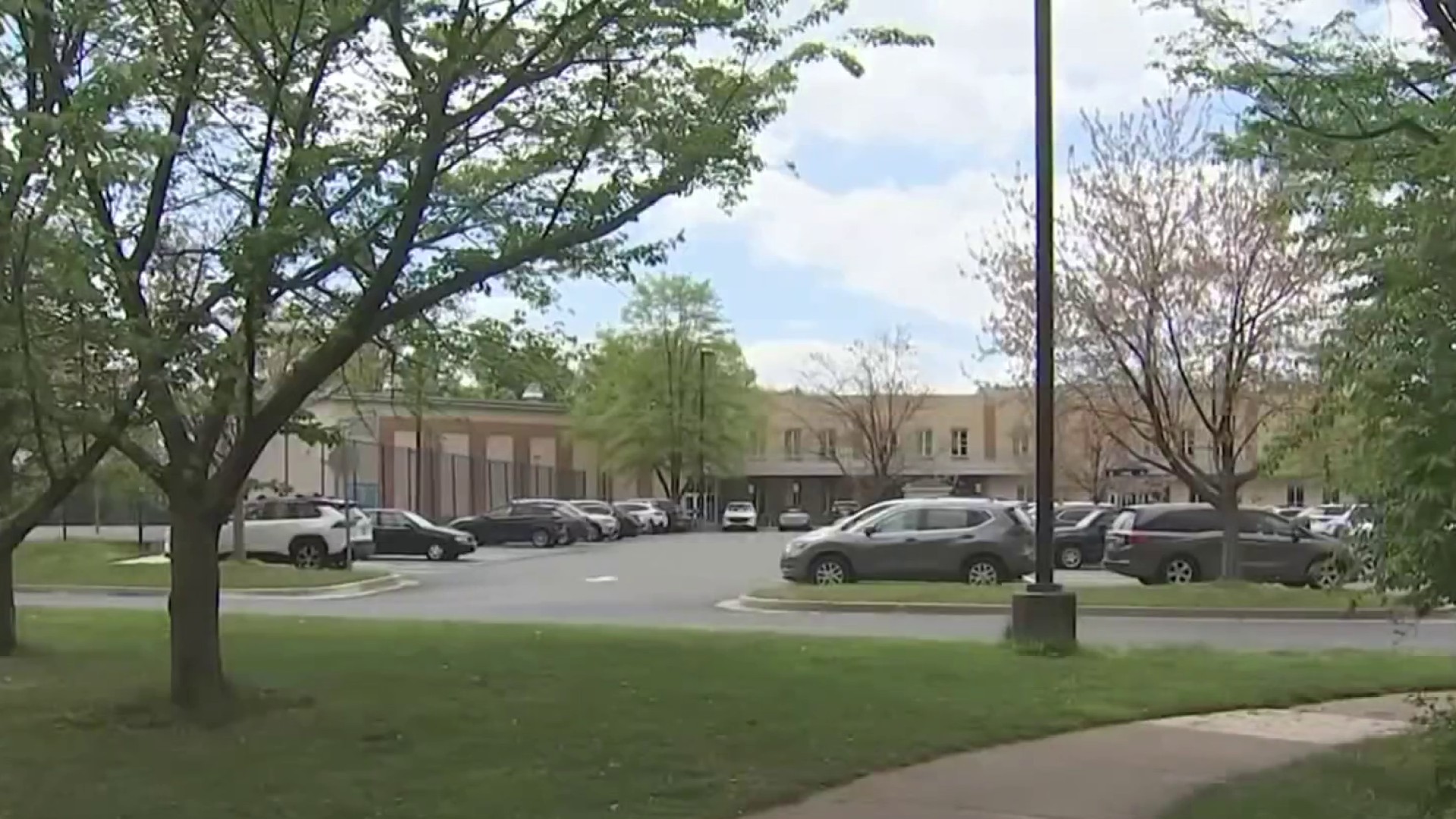Law enforcement agencies nationwide are investigating a fast-rising number of "paper terrorism" cases, in which government leaders are hit with frivolous, but costly, legal challenges.
A review of federal court records from all 50 states and the District of Columbia by the News4 I-Team shows the tactic is increasingly common among people who call themselves "sovereign citizens."
These people, estimated to number tens of thousands of Americans, don’t believe they are subject to – or must follow – American law.
Paper terrorism is legally and financially painful to the government officials targeted, according to a Southern Poverty Law Center report. "Sovereign (citizens) file retaliatory, bogus property liens that may not be discovered by the victim until they attempt to sell their property," the report read. "Sovereigns also file fake tax forms that are designed to ruin an enemy's credit rating and cause them to be audited by the IRS."
U.S. Justice Department officials said the tactic is most commonly used by sovereign citizens who are defying and protesting the U.S. tax code, including refusing to pay income taxes to the Internal Revenue Service.
"They file liens typically in a secretary of state's office or with clerks offices, where they become public record," said Jen Ihlo, senior counsel in the Justice Department's Tax Division. "They file the liens against judges or clerks of court."
Ihlo said paper terrorism serves as “revenge” against public officials who sovereign citizens believe to have wronged them.
Local
Washington, D.C., Maryland and Virginia local news, events and information
Federal court records collected and reviewed by the I-Team show tens of millions of dollars of paper terrorism schemes against U.S. judges or prosecutors in the past five years.
In February, federal agents raided a Washington, D.C. building investigating a suspected sovereign citizen scheme against Pam Bondi, the longtime Florida Attorney General, the News4 I-Team learned. The man under investigation in the case has not yet been criminally charged.
Among those recently targeted are a federal judge in Nebraska, a municipal judge in upstate New York and criminal prosecutors. Though many of those schemes ultimately failed and led to the prosecution of the "sovereign citizens" for violation of federal law, the false liens nevertheless tied the public officials in some financial and legal knots.
A sovereign citizen from Georgia was sentenced to ten years in prison for a paper terrorism scheme against several federal officials who’d participated in the prosecution of other sovereign citizens in 2012.
According to Justice Department records, the man filed a $19 million false lien against the property owned by a federal judge in Nebraska. During the criminal trial of the sovereign citizen, prosecutors released an audio tape recording of the man.
"I'm the one who has personally signatured a $20 million-a-day commercial lien against the judge," the soverign citizen said on the audio recording, obtained in June by the I-Team.
Ihlo, the Justice Department counsel who handles sovereign citizen and tax defiance cases, said the agency vigorously investigates and prosecutes these cases.
These schemes "don’t work," Ihlo said. "They get prosecuted. And they still have to pay back the taxes owed."
The I-Team reached out to the sovereign citizens in the filings, but those people declined or were not available to comment.
This story was reported by Scott MacFarlane and produced by Rick Yarborough. Jeff Piper was the photogapher and editor.



